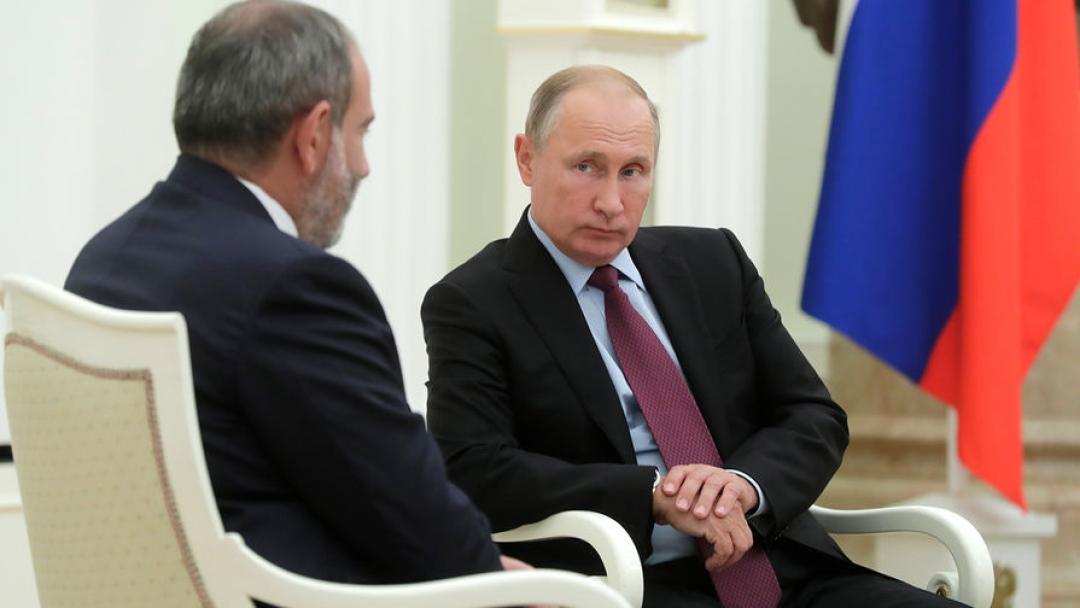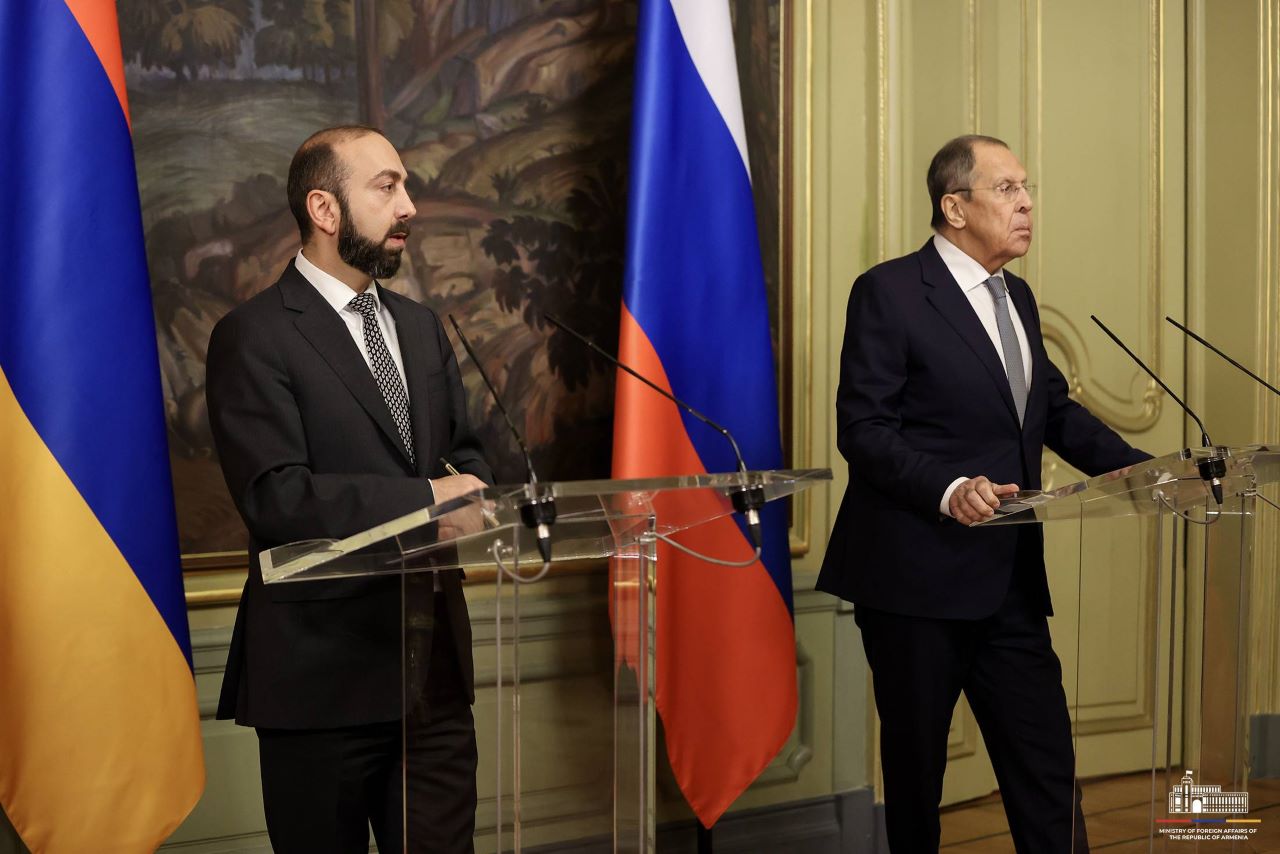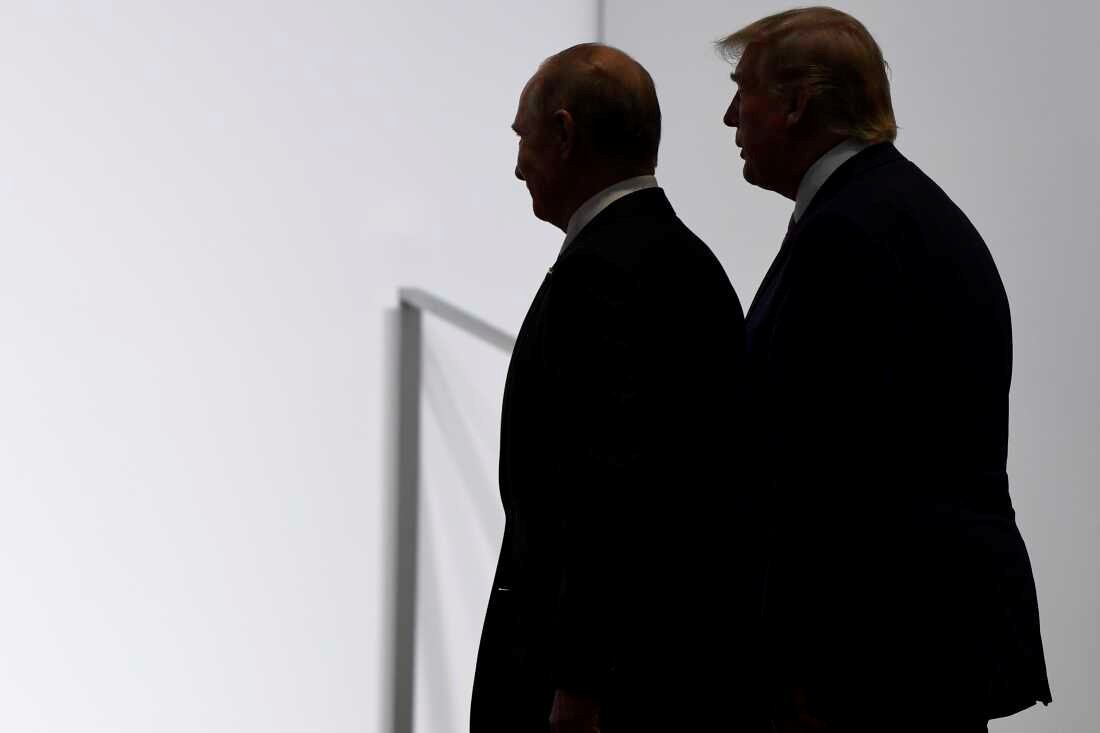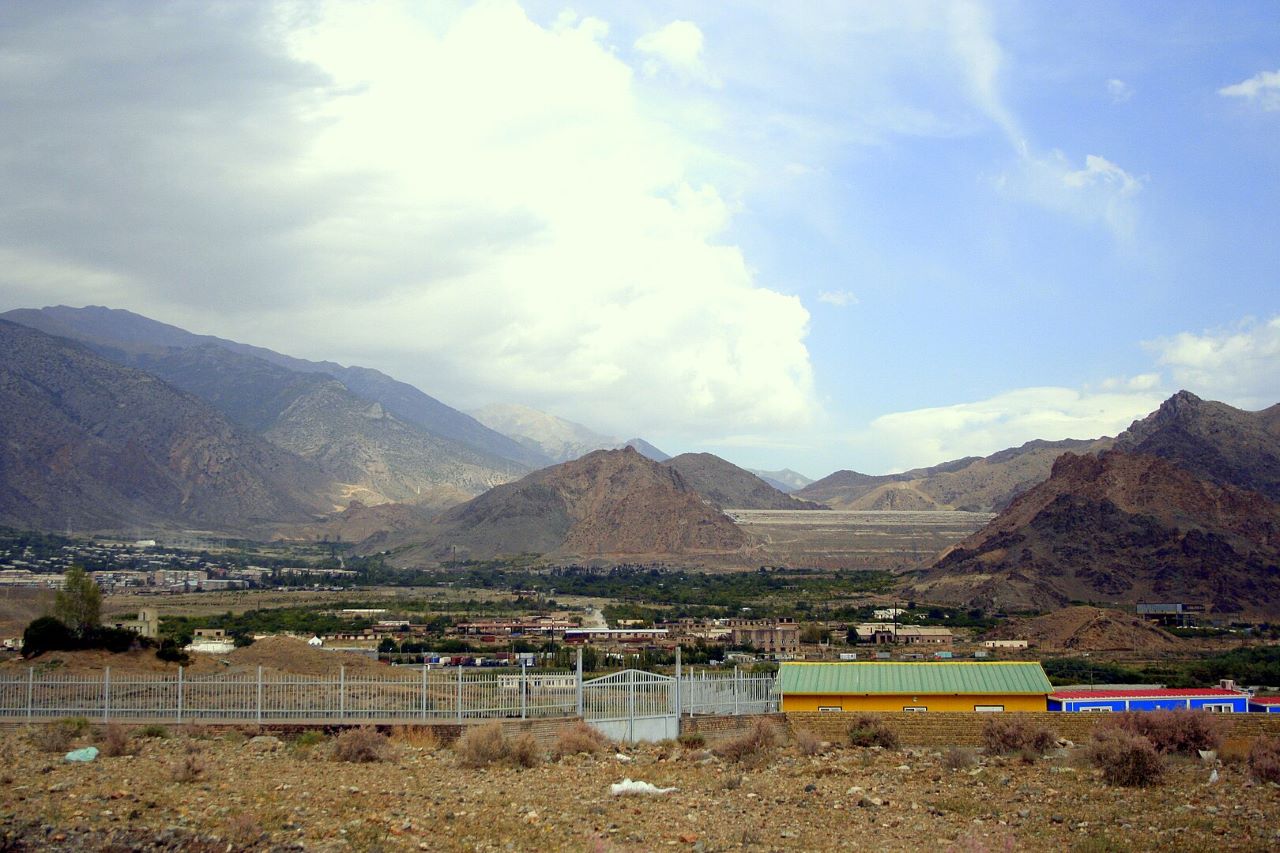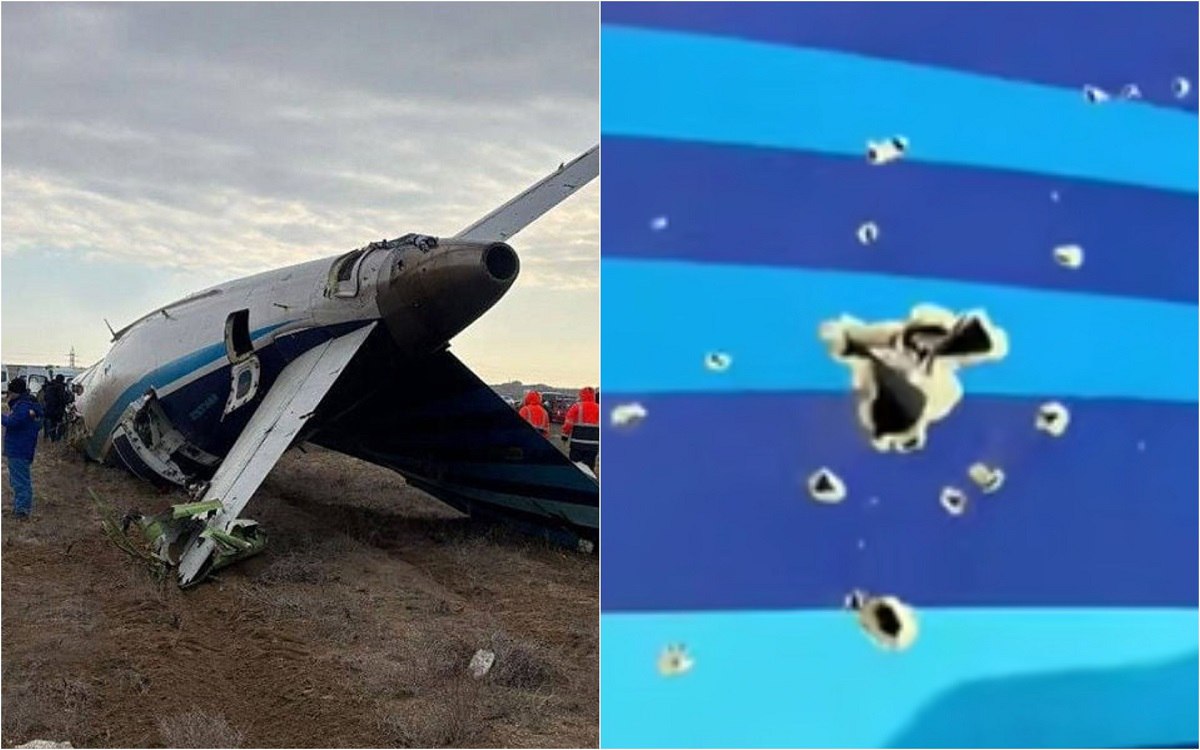Pashinyan to visit Moscow on 9 May. Analyst urges tough talks with Russia
Pashinyan to visit Moscow on 9 May
Armenian Prime Minister Nikol Pashinyan will travel to Moscow to attend the annual military parade marking the 80th anniversary of the victory in World War II. Speaking in parliament yesterday, he confirmed that he had accepted the invitation from the Russian president and had no plans to cancel the visit.
“Of course, this event holds great significance in the context of the victory in World War II. But such occasions also serve as a platform for discussing bilateral issues. Skipping these meetings would be a mistake,” the Prime Minister emphasized.
Political analyst Lilit Dallakyan believes that visits to Russia — not only on 9 May — should be undertaken with a clear purpose: to raise and address pressing issues.
“Russia has obligations under Point 8 of the 9 November 2020 trilateral statement. This concerns the return of prisoners of war. There is an opportunity to gain political leverage. If Pashinyan has decided to go, he should at least ensure there is tangible progress on this matter,” she told JAMnews.
Statements from Armenia’s Prime Minister and commentary from a political analyst.
- ‘Armenia no longer seen as Russia’s appendage’: Key takeaways from Munich conference
- ‘Russian mediation unlikely—we’ve felt its consequences firsthand,’ says Armenian parliament speaker
- ‘We will strive to balance our relations with EU and Russia’ – Pashinyan
Will the visit to Moscow damage Armenia’s ties with the West? Pashinyan responds
Members of parliament asked the prime minister to comment on the growing debate in Armenian society and media over the potential impact of his visit to Russia. For some time, there has been speculation that the trip could strain Armenia’s relations with the West.
“We pursue a balanced and complementary foreign policy. This does not mean building relationships in one direction at the expense of others. Moreover, within the logic of this policy, there has never been a notion that we should avoid visits to Russia or halt the development and deepening of ties with Russia,” Pashinyan said.
The prime minister did not share any concrete details about possible bilateral meetings but indicated that some level of communication is expected:
“I’m not sure to what extent those contacts will be formalised, as the schedule is very tight. But I think it’s clear that there will be interaction.”
Commentary
Political analyst Lilit Dallakyan notes that Prime Minister Pashinyan did not attend the 9 May celebrations in Moscow last year. She suggests that this year’s decision may be influenced by concerns that a thaw is emerging in U.S.–Russia relations.
According to Dallakyan, some analysts believe that U.S. President Donald Trump “handed over” the South Caucasus to Putin, effectively dividing global spheres of influence. She does not rule out the possibility that Pashinyan shares this view. However, Dallakyan herself disagrees:
“Events of recent days clearly show that even if Trump were very eager, he and Putin would not be able to reach an agreement. Putin is not interested in peace.”
At the same time, Dallakyan argues that Armenia cannot continue to “run from Russia and fall ill.” She referred to December 2024, when Pashinyan announced he had contracted COVID-19 and could not attend the CIS leaders’ summit:
“Pursuing a policy of balance does not mean either avoiding meetings with Putin or automatically attending ceremonial events. It means representing Armenia’s national interests.”
According to her, Russia violates those interests daily. As evidence, she cited recent remarks by Armenian Parliament Speaker Alen Simonyan, who accused Moscow of waging hybrid warfare in Armenia:
“A lot of money is being spent — money coming from abroad, particularly from our northern neighbor. A hybrid war is being waged in Armenia. It intensifies, for example, when commentators on Russian television — often, unfortunately, with the help of individuals bearing Armenian surnames — promote regime change in Armenia, announce protests, and so on. This activity will likely increase ahead of the 2026 parliamentary elections in Armenia,” Simonyan told reporters.
The political analyst believes that such “difficult issues” must be raised at the state level, including during meetings with President Putin. Otherwise, she warns, it may give the impression that the Armenian side is speaking behind Russia’s back rather than addressing problems directly.
According to Dallakyan, Armenia should avoid pursuing an “ostrich policy.” The country must engage directly and raise “tough questions” face-to-face. Only then, she argues, can real change be achieved in Armenia–Russia relations.
Dallakyan notes that Pashinyan’s foreign policy is confusing — first and foremost to the Armenian public, and only then to Western partners. She stresses that Russia’s presence in the South Caucasus, and specifically in Armenia, stems from its own strategic interests. Therefore, she urges Armenian authorities to recognize this reality and “try to negotiate advantageous deals.”
She believes that distancing Armenia from Russia’s sphere of influence requires more than just talk of balance and diversification. It demands concrete action. Specifically:
- doing everything possible to reduce Armenia’s economic dependence on Russia,
- reforming the armed forces,
- addressing the shortcomings of the joint Armenian-Russian air defense system, which, she claims, fails to function when Armenia needs it most.
“If we stay on this course, Europe will never back us into a corner or demand that we immediately withdraw from the Russian-led CSTO military bloc. And we see that they are not doing so. But if we deepen ties with Russia even further — particularly in the economic sphere, becoming a market for sanctioned goods — then it becomes increasingly difficult for European partners to understand our position,” she emphasized.
When asked whether the withdrawal of Russian border guards from Armenia’s frontiers with Iran and Turkey might be discussed during the Moscow visit — especially in light of their recent removal from border checkpoints and Zvartnots International Airport — Dallakyan responded:
“The withdrawal of border guards from checkpoints was not a red line for Russia. When Moscow agreed to this move at Pashinyan’s request, it didn’t lose anything strategically. Russia maintained a certain level of presence. Yet the Russian media reacted hysterically: ‘Look at what Pashinyan is doing — he’s an anti-Russian politician.’ However, a complete removal of Russian border guards from Armenia’s borders — that would likely be a red line for Putin.”
She added that senior Armenian officials, during meetings with local analysts, acknowledged that the issue of withdrawing Russian border troops is a political one. The reason Armenian guards have not fully taken over is not due to a lack of trained personnel.
Armenia shares land borders with four countries: Iran, Georgia, Turkey, and Azerbaijan. Armenian border guards currently protect the country’s borders with Georgia and Azerbaijan. The frontiers with Turkey and Iran, however, remain under the control of Russia’s Federal Security Service (FSB) Border Guard Service. Armenia signed a bilateral agreement with Russia in September 1992, shortly after the collapse of the Soviet Union, to formalize this arrangement.
Azerbaijani President Ilham Aliyev will not travel to Russia for the 9 May celebrations. According to Russian presidential aide Yury Ushakov, Aliyev will instead be attending events dedicated to the late Heydar Aliyev.
Political analyst Lilit Dallakyan believes Aliyev “found a reason not to attend.” She views this as a message directed at the West:
“This is how the Azerbaijani leader seeks to position himself as a constructive statesman who opposes Russian aggression in Ukraine. If Pashinyan does go to Moscow, he should at the very least send a letter congratulating President Zelensky and the Ukrainian people on their victory over fascism. That would somewhat offset the optics of Armenia’s participation in the Moscow parade.”
She also does not rule out the possibility that Aliyev’s absence is a form of protest:
“It may be a response to the recent incident in which an Azerbaijani MP was denied entry into Russia — and not only that. Aliyev is also bitter over the fact that Putin never apologized for the downing of the AZAL aircraft. He wants to signal to his own public that Russia has not acknowledged responsibility for that tragedy — and that’s why he’s staying away.”
Follow us – Twitter | Facebook | Instagram
Pashinyan to visit Moscow on 9 May










